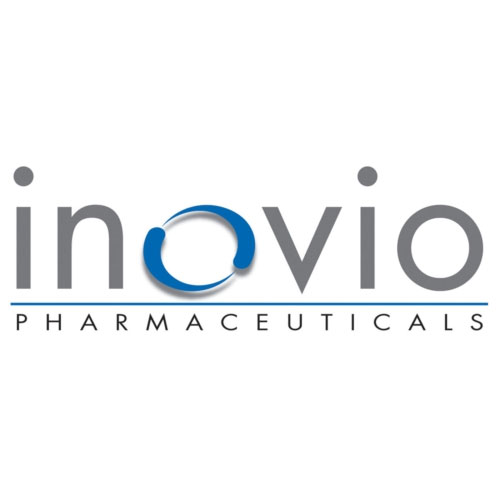 Inovio Pharmaceuticals Inc. announced it acquired worldwide rights (excluding China) for early preclinical therapies addressing Alzheimer’s disease and multiple sclerosis based on the academic research of Dr. Bin Wang, a professor at Fudan University’s Shanghai Medical College. Wang is a pioneer in the field of DNA therapies, having worked closely with Dr. David Weiner at the University of Pennsylvania. Wang was the primary author on some of the earliest DNA vaccine papers and patents. In consideration for these rights, Inovio will make clinical and regulatory milestone payments to the University.
Inovio Pharmaceuticals Inc. announced it acquired worldwide rights (excluding China) for early preclinical therapies addressing Alzheimer’s disease and multiple sclerosis based on the academic research of Dr. Bin Wang, a professor at Fudan University’s Shanghai Medical College. Wang is a pioneer in the field of DNA therapies, having worked closely with Dr. David Weiner at the University of Pennsylvania. Wang was the primary author on some of the earliest DNA vaccine papers and patents. In consideration for these rights, Inovio will make clinical and regulatory milestone payments to the University.These newly licensed technologies are based on patent-protected and published discoveries from Wang and his collaborator, who found a novel way to generate inducible regulatory T cells, or iTreg. iTreg cells are involved in shutting down immune responses after they have successfully eliminated invading organisms, and also in preventing autoimmunity or inflammatory diseases. In multiple published preclinical studies, this approach generated CD25-iTreg in an antigen-specific manner. These novel approaches could be used to develop therapies targeting major inflammatory diseases like multiple sclerosis and may be used to treat Alzheimer’s disease.
Inovio gains global rights to preclinical synthetic products to prevent and/or treat:
- Alzheimer’s disease – An estimated 5.2 million Americans have Alzheimer’s disease, including approximately 200,000 individuals younger than age 65. More than 500,000 seniors die each year from Alzheimer’s, the 6th leading cause of death in the United States. Because of the increasing number of people age 65 and older in the United States, the annual number of new cases of Alzheimer’s is projected to double by 2050.
- Multiple Sclerosis – MS is a chronic inflammatory disorder of the central nervous system. It usually affects people beginning in their 20s or 30s and is one of the most common causes of non-traumatic disability among young and middle-aged people. MS affects more than 350,000 people in the United States and 2.5 million worldwide. MS-related healthcare costs are estimated to be more than $10 billion annually in the United States.
Dr. Joseph Kim, Inovio’s president and CEO, said, “Acquiring these early-stage technologies is just another step in our ultimate goal of controlling the immune system to fight diseases in a more safe and effective manner using Inovio’s immune engineering platform. Our therapeutic cancer vaccines in the clinic are designed to properly activate and direct T cells to kill cancer cells. These new candidates are designed to do the opposite by shutting down unwanted and aberrant T cell responses that cause autoimmune and inflammatory diseases. These new technologies give us the potential to go after these important disease targets.”
Date: May 13, 2014
Source: Inovio Pharmaceuticals
Filed Under: Drug Discovery




